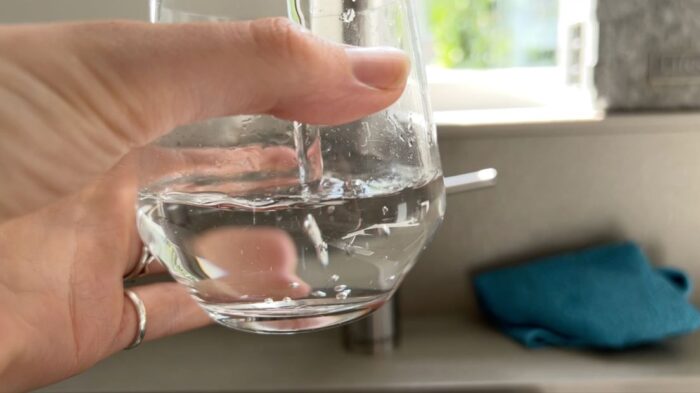Utrecht – Qahwa World
Coffee and tea service has been temporarily suspended in many cafés, restaurants, universities, and hospitals across the Dutch city of Utrecht after the discovery of Enterococcus bacteria in the tap water — a sign of possible fecal contamination. The incident has raised public concern and disrupted daily routines across the city.
The water company Vitens has advised residents to boil water for at least three minutes before drinking or cooking with it. The restrictions are expected to remain in place until at least Tuesday, November 4, pending confirmation that the water is safe. As a result, getting a cup of coffee or tea has become difficult in public institutions, including Utrecht University and the University Medical Center.
Hospitality businesses have had to adapt quickly to the emergency. Jan Hagenouw, head of the Utrecht branch of Koninklijke Horeca Nederland (KHN), said the sector is showing “remarkable flexibility.” Some establishments have begun rinsing glasses with Spa Rood mineral water, while others have stopped serving dishes like salads that require washing with tap water. Customers may also notice the absence of ice cubes in cold drinks — existing ice stocks are being reserved for select beverages such as whisky.
Cultural venues have also been affected. The Stadsschouwburg Theater is now using coffee machines filled only with boiled water and has advised visitors to bring bottled water. The TivoliVredenburg concert hall has temporarily reduced coffee and tea service as well.
At Utrecht University, all coffee machines in campus buildings have been shut down, although lectures and exams continue as planned. The university has urged students and staff not to drink tap water or use electric kettles and to bring boiled water and ready-made meals from home, since campus cafeterias may be closed.
Meanwhile, coffee producer Douwe Egberts, headquartered in Utrecht and owned by JDE Peet’s, confirmed that its production “remains completely safe and operational.” The company said it has implemented additional measures, including disabling cold-water dispensers and setting up dedicated water stations, while continuing to follow Vitens’ guidance closely.
The water contamination has also triggered a rush on bottled water in local supermarkets. Shelves at Aldi, Jumbo, and Albert Heijn were emptied quickly as customers stocked up. Jumbo reported delivering 7,500 liters of water to regional stores in a single day, while Albert Heijn urged customers to stay calm and “avoid panic buying.”
Within the city’s hospitality community, the water crisis has become a dominant topic of conversation — particularly about washing, rinsing, and water management. As KHN’s Hagenouw noted, “In hospitality, creativity is always essential. But we hope clean water will return soon — people’s patience won’t last forever.”
The post Fecal Bacteria Found in Tap Water Disrupts Coffee Service in Utrecht, Netherlands appeared first on Qahwa World.




